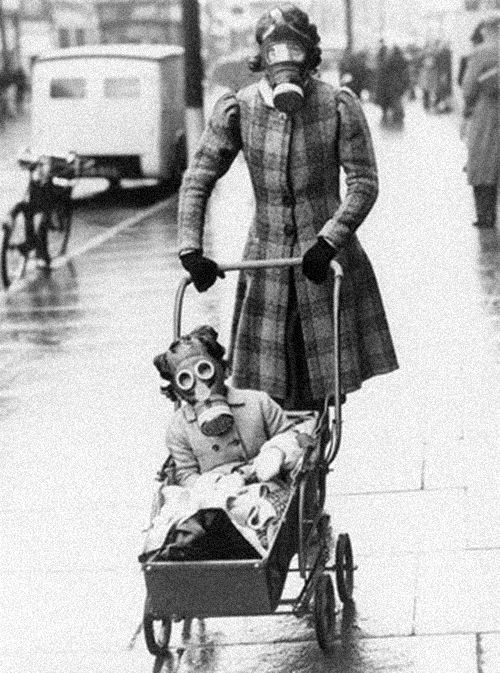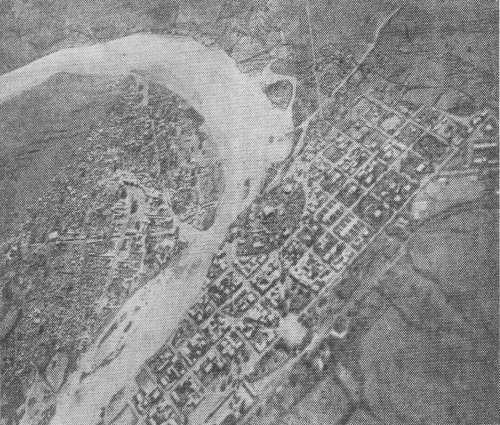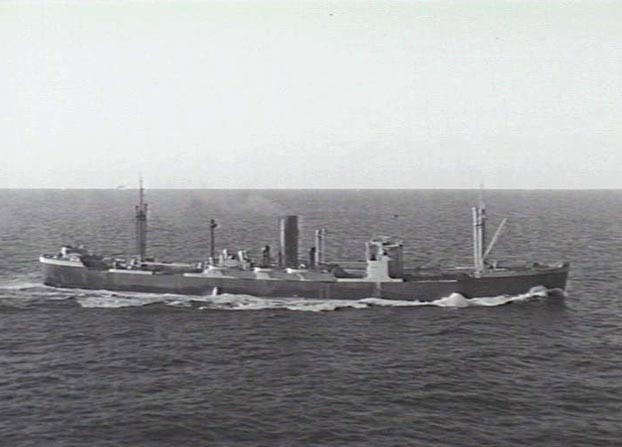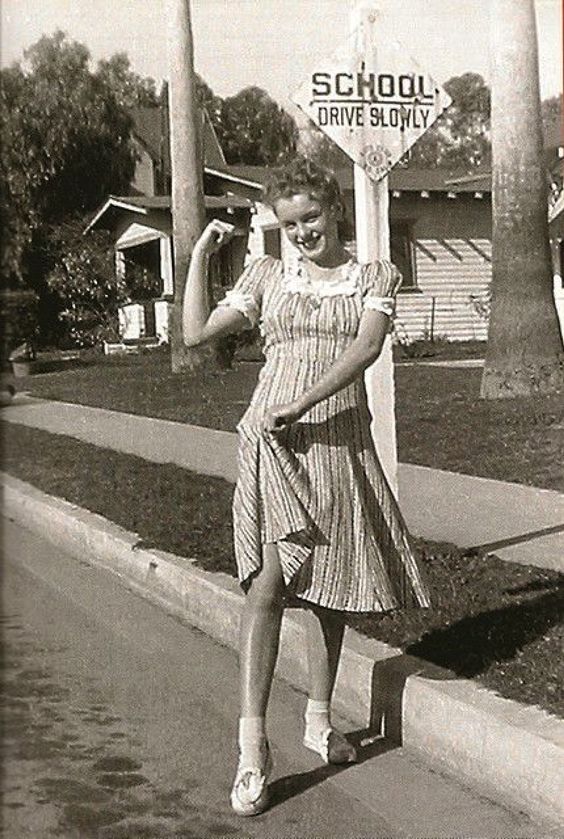Saturday 29 March 1941
In Albania, there is patrol and artillery activity. The RAF strafes Berat, Dukai, and Ducati.
Operation Lustre, the British reinforcement of Greece, continues. The New Zealand 5th Infantry Brigade is the latest unit to arrive by sea from Alexandria.
East African Campaign: The Italians have abandoned Diredawa (Dire Dawa), so the South African 1st Brigade fully occupies it today. As the third-largest city in Abyssinia, it is an important crossroads, airbase and railway junction. The Italian citizens of the city actually welcome and invite the British troops to come and restore order, because armed native troops who stayed behind reportedly have been treating their former overlords unkindly. Diredawa is on the railway line to Addis Ababa. Capturing it opens a clear path to the capital.
The Italians are implementing a scorched-earth policy of blowing up roads and bridges. This is the only thing slowing up the British advance.
The British 4th and 5th Indian Infantry Divisions breaking past Keren continue heading for Massawa on the coast. It is a key port on the Red Sea and defended by 10,000 men and 100 tanks. It also has a large Italian destroyer contingent. Commander Rear Admiral Mario Bonnetti, however, knows that the best hopes of a successful defense were far away from the port at Keren, not on its outskirts. Bonnetti forms a sketch defensive line at Ad Teclesan.
German and Italian ships begin breaking out of Massawa, a sure sign of a port's impending loss. Today, German freighter Bertrand Rickmers heads for the Indian Ocean. Past escape attempts from other ports have seen only a small fraction of ships make it past the British blockade.
 |
| Mother and child wearing their gas masks Southend, England, 29 March 1941. Photo: Associated Press. |
Visiting Australian Prime Minister Menzies tours the East End and the docks there. He notes:
Docks have suffered and seem strangely silent but several ships are berthed, and business, modified, goes on. Surrounding areas almost evacuated. Facades of terraces stand, but thousands of houses gutted or vacant.Battle of the Atlantic: U-46 (Kptlt. Engelbert Endrass), on her 11th patrol out of Lorient, stalks Convoy OB 302. It torpedoes and sinks 1751-ton Swedish freighter Liguria southwest of Iceland. There are ten survivors and 19 deaths. The Liguria was a straggler from Convoy OG 56 but hooked on with Convoy OB 302 before being sunk.
U-48 (Kptlt. Herbert Schultze), on its 11th Patrol and operating about 120 miles (200 km) south of Iceland, stalks Convoy HX-115. At 06:19, it begins an attack. Schultze sinks:
- 5352-ton British freighter Germanic (five deaths)
- 2483-ton Belgian freighter Limbourg (two survivors)
- 5197-ton British freighter Hylton (everyone survives)
The Luftwaffe bombs and sinks British 5550-ton tanker Oiltrader off Great Yarmouth. Everyone survives.
The Luftwaffe bombs and sinks 190-ton British trawler Kimberley about 22 miles southeast of Flamborough Head. Everyone survives.
The Luftwaffe bombs and sinks 165-ton British freighter Exeter about five miles (9 km) southwest of Ballycotton. Everyone perishes.
The Luftwaffe bombs and damages 2982-ton Norwegian freighter Veni southwest of the Faroe Islands. The Veni makes it to Grangemouth and is repaired.
At Rotherhithe, 81-ton British barge Emma is lost and 1262-ton freighter Grenaa is damaged to mines. Their captains ground both ships, but only the Grenaa is repaired and returned to service. Everyone on the barge survives, but seven men perish on the freighter while a dozen survive.
British 209-ton trawler Horace E. Nutten sinks in the Moray Firth of unknown causes.
The German ocean-going supply service remains in effect, with tanker Nordmark giving supplies to U-105 and U-106. This enables the submarines to stay at sea longer and cover more ground, effectively increasing the size of the U-boat fleet.
Minelayer Abdiel lays minefield GY in the English Channel.
Convoy SL 70 departs from Freetown bound for Liverpool.
 |
| 29 March 1941 RAF Yatesbury (from left) Denis S Curtis, Fred Batchelor, Ivor H Jones, Joseph W Burton, Wynaham Lewis (RAF Yatesbury Association). |
Battle of the Mediterranean: The final events of the Battle of Cape Matapan take place. The Royal Navy, having complete control of the seas in the battle area, complete the route by sinking the defenseless Italian cruisers Zara and Pola, making three Italian cruisers sent to the bottom (including Fiume). Also going under is an Italian destroyer, Carducci. Today marks the last time in the history of the Royal Navy (until now, at least) in which cutlasses are used in action. British sailors board the disabled cruiser Pola, scavenge some machine guns, take the remaining crew prisoner, and then sink it with torpedoes. Italian casualties are about 2300, the British lose one aircraft and three men in the entire encounter (the lost plane's crew, though another plane, a Glenn Martin Maryland reconnaissance plane, crashes today while reviewing the scene of battle, killing the pilot). Torpedoed Italian battleship Veneto, meanwhile, makes it back to Taranto.
On land, the Afrika Korps conducts a supply operation to Marada. The Luftwaffe flies in support and destroys a British train carrying gasoline. The most important news of the day, though, is that German 5955-ton freighter Ruhr makes it into Tripoli under tow following a torpedo hit by HMS Utmost. The Ruhr carries 585 men total of the 606 Flak Battalion, a truck unit, and a medical unit. It also has 160 vehicles, 448 tons of fuel for them, 120 tons of ammunition, 208 tons of rations and 104 tons of supplies for the Luftwaffe. The 1927 ton Heraclea, sunk on the 28th, carried a smaller load of 206 men, 100 vehicles, 144 tons of fuel, 45 tons of ammunition and 39 tons of rations. The Afrika Korps is keeping a very close eye on these convoys, and this is the first convoy that constitutes a serious loss to the troops on land.
The RAF raids Tripoli.
Convoy GA 8 (two ships) departs from Piraeus bound for Alexandria.
A German/Italian convoy departs from Naples bound for Tripoli. It includes four large German freighters. Upon hearing news of the Battle of Cape Matapan, the convoy puts into port at Palermo. Meanwhile, another convoy departs from Tripoli with four freighters.
Operation Picnic proceeds on Malta, with the Independent Company, Special Service Battalion arriving on Gozo, Malta's sister island.
 |
| Diredawa, Abyssinia around the time of its capture on 29 March 1941 (Associated Press). |
Battle of the Pacific: USS Antares (AKS-3) arrives at Palmyra Island, and USS Boggs (DMS-3) arrives at Johnston Island. They bring with them separate elements of the First Defense Battalion, including 5-inch artillery. The soldiers begin constructing fortifications.
Pursuant to Executive Order, the United States impounds two German, 26 Italian and 35 Dutch ships anchored in US ports. The US Coast Guard mans the ships, and they will imprison 850 Italian and 63 German sailors. This is a result of both a growing agreement within the US government that more should be done to help Great Britain and also a specific incident on Italian freighter Villarperosa that suggests Axis crews are under instructions to scuttle their ships.
German/Japanese Relations: Talks between visiting Japanese Foreign Minister Yosuke Matsuoka and German Foreign Minister Ribbentrop continue in Berlin. Ribbentrop's overriding goal is to convince Japan to attack Great Britain from the rear, so to speak, in the Far East. Matsuoka has not been receptive to this idea, so Ribbentrop doggedly pledges to support Japan if the Soviet Union attacks while Japan is battling the British. Matsuoka points out that this is a fairly empty guarantee, as there is no indication that the USSR harbors hostile intentions toward Japan.
Italian/Croatian Relations: With Yugoslavia falling apart, Croatian strongman Ante Pavelić meets with Mussolini, who has been backing him financially for years. Pavelic has been living in Florence for some time without Mussolini ever meeting him, but Mussolini now invites him to Rome. Mussolini gives Pavelic the okay to form a new Croatian State Government. Pavelic grants Italy the right to Dalmatia along the coast while requesting the release of remaining interned Ustaše. Mussolini provides Pavelic with access to a Florence radio station, from which Pavelic will begin making broadcasts advocating Croatian independence on 1 April.
British Government: Prime Minister Winston Churchill has lunch with private secretary John Colville, after which he lectures Colville on the fates of those dare to invade Russia. Churchill is in a very good mood following the news of the victories at Keren and Cape Matapan and the coup in Yugoslavia.
China: The Japanese continue pulling back slowly after their failure at the Battle of Shanggkao. The Chinese 19th Army Group of the 9th War Area presses against the Japanese 11th Army in the vicinity of Yangkunghsu and Lungtuanhsu.
 |
| Collier's, 29 March 1941. |
... if you, and I, and people like us, take the reins in hand once more, as our forefathers have done in times of crisis.This also anticipates much later struggles over war and peace issues, but the appeal damages his image in many minds. Those in favor of intervention will use these words to suggest a supposed allegiance by Lindbergh to Germany.
The publication of Lindbergh's letter today coincides nicely with an America First rally held today at the Civic Auditorium in San Francisco.
This week's new Number 1 pop song on the Billboard Singles Chart is "Amapola," by the Jimmy Dorsey Orchestra with vocalists Helen O'Connell and Bob Eberly (Dorsey's version is titled "Amapola (Pretty Little Poppy)." This version of Amapola is Decca Records catalog number 3629, and it has been on the charts for three weeks. "Amapola" is a 1920 rhumba song written by José María Lacalle García (later Joseph Lacalle) with Spanish lyrics. "Amapola (Pretty Little Poppy" stays at No. 1 for ten weeks.
Amapola is a standard of the genre recorded by many artists, including Bing Crosby. Deanna Durbin sang it in her 1939 film "First Love" and, much later, Sergio Leone and Ennio Morricone used it as a refrain in "Once Upon a Time in America" (1984). It is often done as an instrumental. Amapola is one of the songs GIs would think about and refer to sarcastically as they marched through the poppy fields of Europe after D-Day.
It is "Moving Day" for American radio broadcasters. Pursuant to the North American Radio Broadcasting Agreement, between the US, Canada, and Mexico, 80% of North America's radio frequencies are reassigned to new channels. This takes effect at 03:00 and promotes the standardization of radio broadcasts throughout the Western Hemisphere. Among other things, the agreement establishes clear-channel frequencies that provide more protection from electromagnetic interference at night. The practical effect is that listeners must scramble around the dial to find their favorite stations and shows by the likes of Bob "Pepsodent" Hope and Jack Benny. This agreement remains in effect until 1981.
In New York City, it is the final ride for urban cowboys. Until now, cowboys on horseback have led rail cars up and down 10th Avenue carrying freight to the Meatpacking District. Today is the final ride for this group of urban warriors, as the freight line is now elevated. The need for urban cowboys was created by a 1850s city ordinance permitting freight trains to ride down city streets on condition that they observed a 6 mile per hour speed limit and that "a proper person... precede the train on horseback to give necessary warning in a suitable manner on their approach." Construction of the High Line by Robert Moses' West Side Improvement Project in 1934 obviated the need for trains on the streets, though they lasted for another seven years - until today. Incidentally, the High Line itself lasted for a few more decades, into the 1980s, and now large portions of it are preserved as a park.
The Wisconsin Badgers defeat the Washington State Cougars 39-34 in the NCAA Division 1 Championship game.
 |
| George Hayde, age 21, aboard Cyclone escorts the final street-level freight train down 10th Avenue in New York City on 29 March 1941. |
March 1941
March 1, 1941: Rettungsboje
March 2, 1941: Oath of Kufra
March 3, 1941: Germans in Bulgaria
March 4, 1941: Lofoten Islands Raid
March 5, 1941: Cooperation With Japan
March 6, 1941: Battle of Atlantic
March 7, 1941: Prien Goes Under
March 8, 1941: Cafe de Paris
March 9, 1941: Italian Spring Offensive
March 10, 1941: Humanitarian Aid
March 11, 1941: Lend Lease Becomes Law
March 12, 1941: A New Magna Carta
March 13, 1941: Clydeside Wrecked
March 14, 1941: Leeds Blitz
March 15, 1941: Cruisers Strike!
March 16, 1941: Kretschmer Attacks
March 17, 1941: Happy Time Ends
March 18, 1941: Woolton Pie
March 19, 1941: London Hit Hard
March 20, 1941: Romeo and Juliet
March 21, 1941: Plymouth Blitz
March 22, 1941: Grand Coulee Dam
March 23, 1941: Malta Under Siege
March 24, 1941: Afrika Korps Strikes!
March 25, 1941: Yugoslavia Joins The Party
March 26, 1941: Barchini Esplosivi
March 27, 1941: Belgrade Coup
March 28, 1941: Cape Matapan Battle
March 29, 1941: Lindbergh Rants
March 30, 1941: Commissar Order
March 31, 1941: Cookie Bombs
2020










